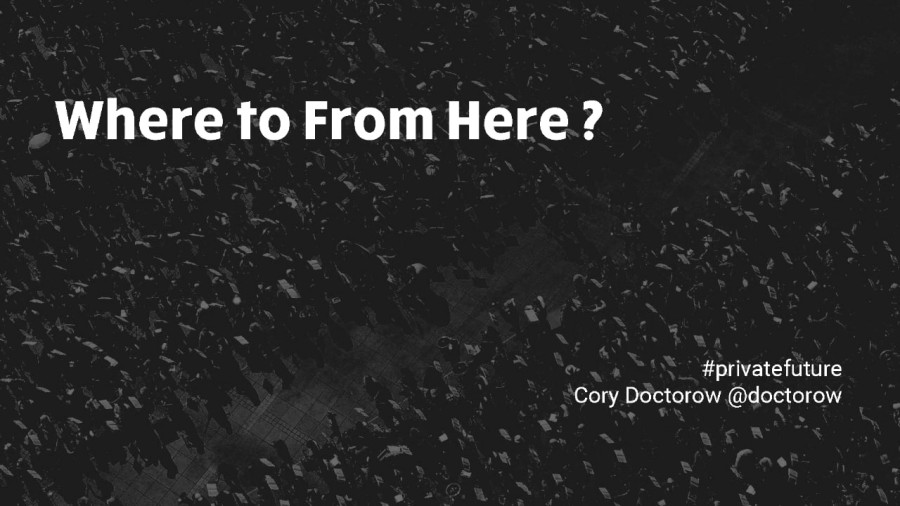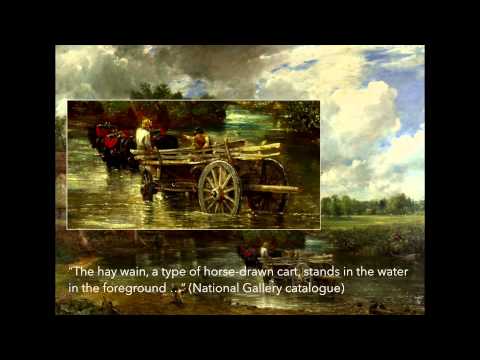I see a set of constraints facing us in the future, and they’re all going to be very expensive. First is funding retirements for the Baby Boom generation. Second is continuing increases in the costs of healthcare. The third is replacing decaying infrastructure. The fourth is adapting to climate change and repairing environmental damage. The fifth is developing new sources of energy. The sixth is what I see as in all likelihood continuing high military costs. The seventh is the costs of innovation.
Archive (Page 2 of 2)

Although we haven’t reached peak surveillance, we’ve reached peak indifference to surveillance. There will never be another day in which fewer people give a shit about this because there’ll never be a day in which fewer people’s lives have been ruined by this.
Throughout the colonies of the various European powers, water engineers used dams, ditches, and sluices to control the flow of water. They claimed that their approach to water management was more rational and efficient than existing indigenous approaches.

I’m going to be talking about how the arts engage ethically and politically with the technization of the food chain, the chain or flow of sustenance from field to dinner plate. This is an inter-disciplinary talk but don’t worry, I won’t be claiming quite that poems and paintings are computational machines for working out social policy, because that would be crazy. But if I’m not willfully misunderstanding Joscha’s excellent talk on the computational universe, it seems that a likely candidate for the substrate of consciousness is the numinal, the realm of ideas, and that’s precisely where art and literature lives. So it’s the ideal place for deep processing of ethical issues, the big issues like food and tech.
